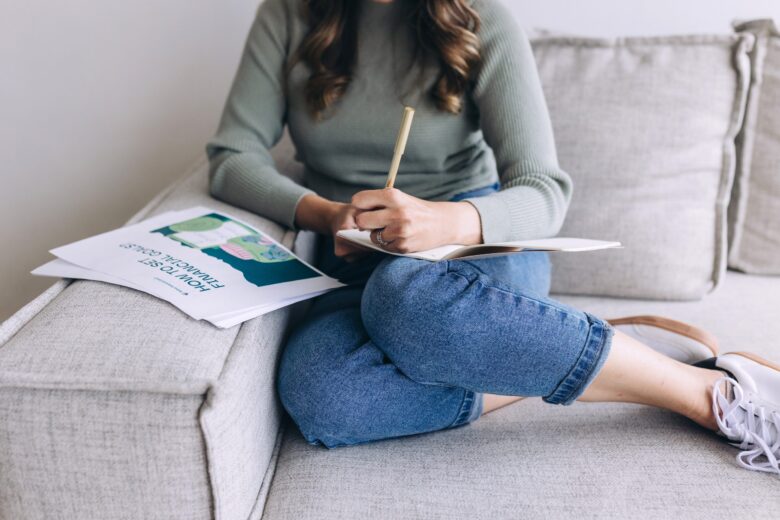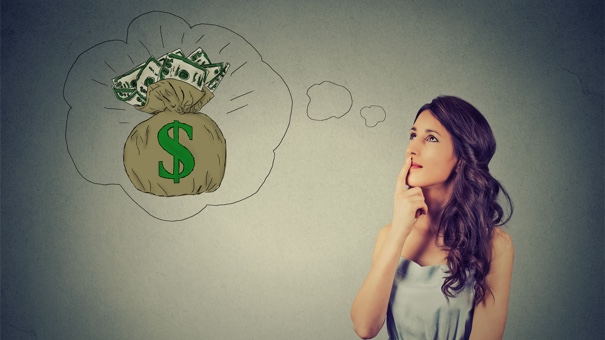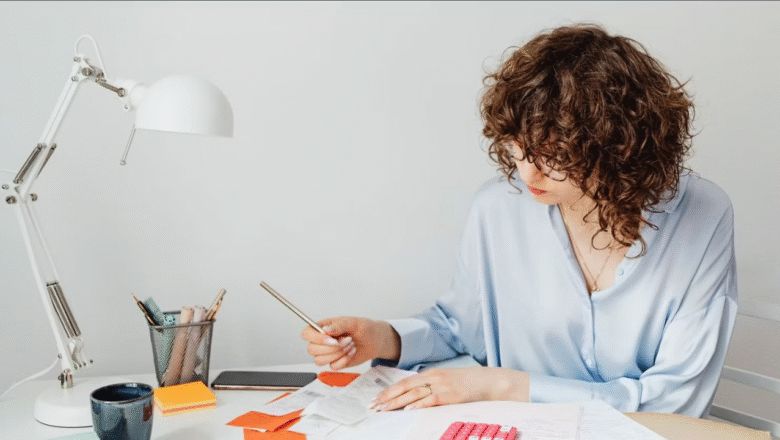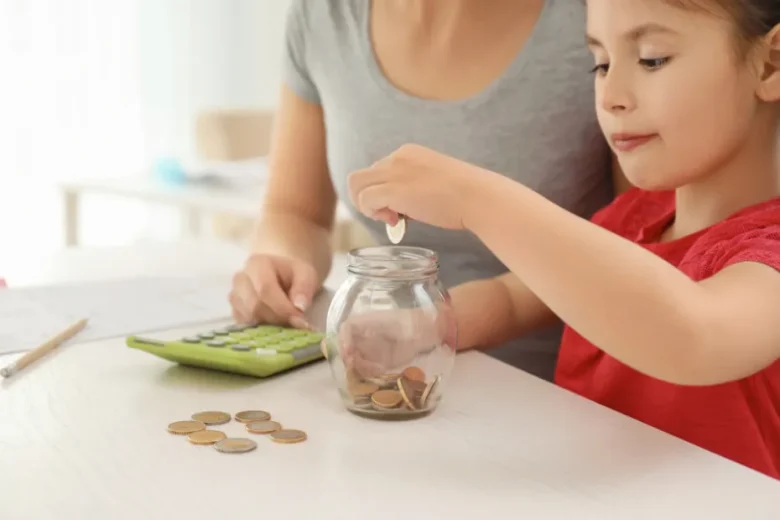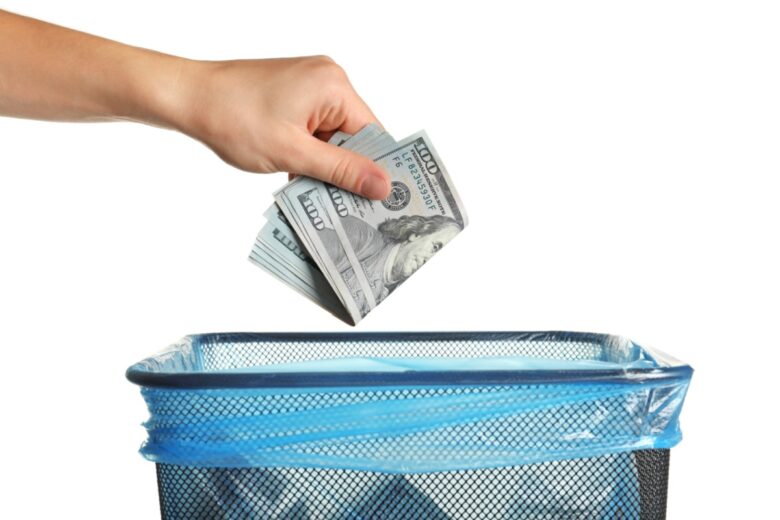Self-esteem refers to how we see and value ourselves. It influences all aspects of our lives, including how we spend our money. People often don’t realize that how they spend their money says a lot about how they feel about themselves. When someone feels bad about themselves, shopping can be a way to feel better, …
Financial therapy is an emerging field that combines financial planning with emotional and psychological support. It examines our thoughts, attitudes, and behaviors toward money and helps us understand how past experiences have influenced how we manage money today. It’s not enough to simply learn how to budget or invest; you also need to identify the …
People often perceive money as a rational and practical aspect of life, yet it intimately influences our emotions. When we spend, save, or invest, it’s often about how we feel at that moment, not the numbers. How we feel—happy, scared, guilty, ashamed, excited, or insecure—can significantly impact the choices we make with money. These feelings …
People with a scarcity mentality focus on fear, lack, and limitations. Those stuck in this mindset always believe they don’t have enough of something, whether it’s money, time, opportunities, or love. This belief influences how people see the world, how they make choices, and how they communicate with others. It can create a cycle of …
Spending money isn’t just a rational choice based on need; it’s also heavily influenced by our emotions, thoughts, and unconscious triggers. Even if we’re not aware of it, factors inside and outside us influence every financial decision we make. Marketers and advertisers know this and create ads that tap into our deepest emotions. Spending itself …
We first encounter money as children, long before we have a job or bills to pay. Where we live, the conversations we overhear, and the behavior we see in others can significantly influence how we view money. Children are naturally interested in and aware of money, and they pick up habits and attitudes from those …
When we shop to feel good, we call it emotional spending. Shopping to relieve emotions like stress, sadness, boredom, or even joy is a way to cope. When we’re stressed or worried, shopping gives us a short-lived feeling of pleasure or relief. It feels satisfying, like a reward, but it doesn’t last long. Shopping to …
People don’t usually develop bad financial habits overnight. Bad financial habits develop over time and stem from a lack of financial education, emotional reactions, life events, and the influence of their environment. People usually don’t learn how to budget, save, or invest growing up. Instead, they learn how to manage money by watching their parents …


